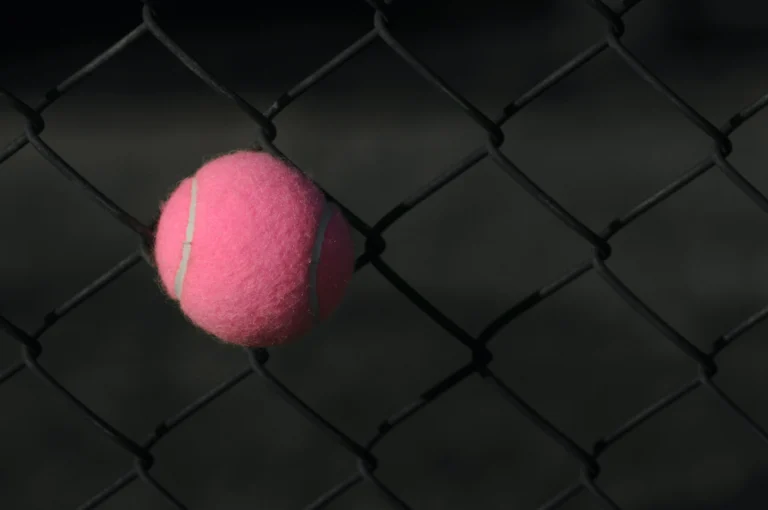If you are living with a chronic illness, you might have heard of Spoon Theory. It is a metaphor that helps explain the limited energy and resources that people with chronic conditions have to deal with everyday tasks. In this article, I will share with you what Spoon Theory is, how it can help you manage your life better, and some tips and tricks to make the most of your spoons.
Spoon Theory was coined by Christine Miserandino, who has lupus, a chronic autoimmune disease. She was trying to explain to her friend what it was like to live with lupus, and she used spoons as a visual aid. She gave her friend 12 spoons and asked her to list the activities she does in a typical day. For each activity, she took away one spoon, until her friend realized that she had run out of spoons before the day was over. She explained that this is how people with chronic illnesses feel: they have a limited number of spoons, or units of energy, to spend on daily tasks, and they have to choose carefully how to use them.
Spoon Theory can help you understand your own limitations and needs better, as well as communicate them to others. By assigning a number of spoons to each activity, you can plan your day ahead and prioritize what is important to you. You can also learn to conserve your spoons by finding ways to simplify or delegate tasks, or by taking breaks and resting when you need to. Spoon Theory can also help you cope with feelings of guilt or frustration that might arise from not being able to do everything you want or need to do.
Here are some tips and tricks to make the most of your spoons:
- Keep track of your spoons. You can use a journal, an app, or a physical object like a bracelet or a necklace to count your spoons and monitor your energy levels throughout the day.
- Be flexible and realistic. Sometimes things don’t go as planned, and you might have to adjust your expectations or goals accordingly. Don’t beat yourself up for not sticking to your plan, but rather celebrate what you have accomplished.
- Ask for help when you need it. You don’t have to do everything by yourself. Reach out to your friends, family, or support network for assistance or emotional support. They might not understand exactly what you are going through, but they can still offer their love and care.
- Practice self-care and compassion. Remember that you are not defined by your illness or your spoons. You are a valuable and worthy person who deserves respect and happiness. Treat yourself with kindness and do things that make you feel good, whether it’s reading a book, listening to music, meditating, or anything else that brings you joy.
- Spoon Theory is not a rule, but a tool. It is not meant to limit you or label you, but rather to empower you and help you live your life in a way that works for you. You are the expert of your own experience, and you know best how many spoons you have and how to use them.
I hope this article has given you some insight into Spoon Theory and how it can help you manage your chronic illness better. Remember that you are not alone, and there are many resources and communities out there that can support you on your journey. You are a spoonie warrior, and we are proud of you!




Responses
This is wonderful, brother!
What a valuable read! Thanks for this, Nate!